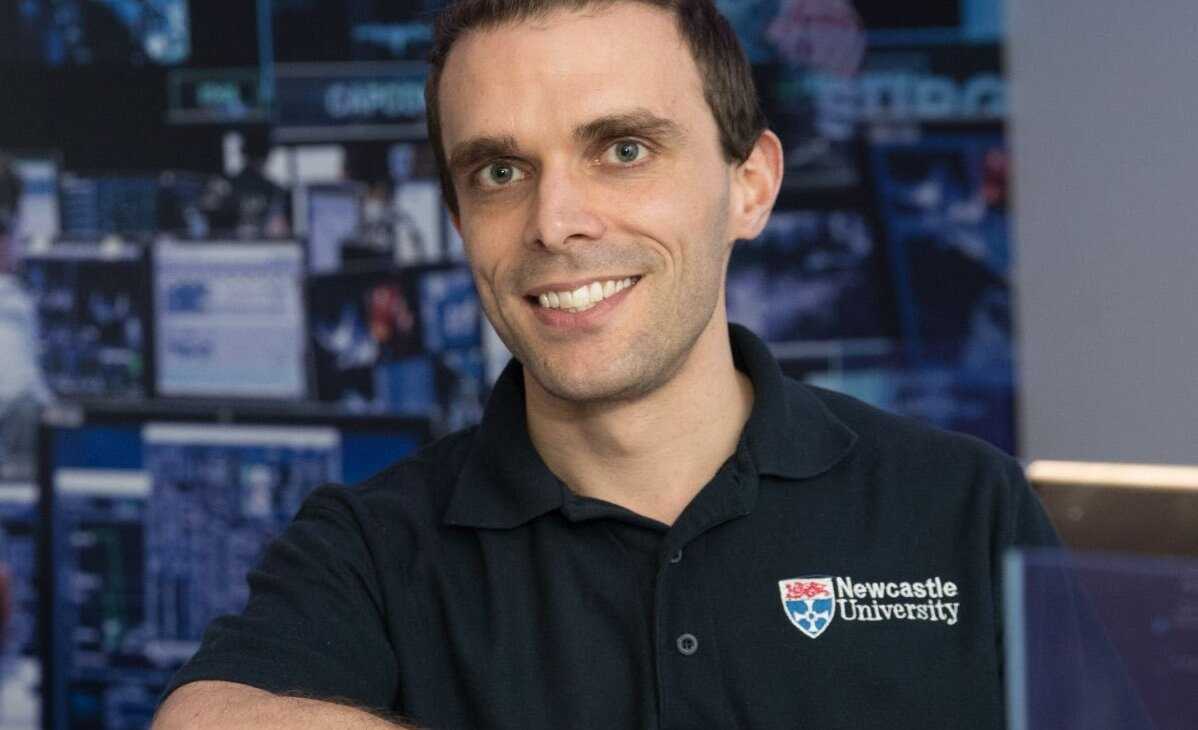
The world of scientific discovery has no bounds. From the analysis of atoms to planets, science allows limitless discovery of the universe surrounding us. However, the accessibility of science often does not share this vast nature. Through many different circumstances, individuals may encounter barriers when exploring science, creating an element of exclusivity to research and knowledge. Dr Chris Harrison however, through his pioneering work exemplifies how aiming for inclusivity and accessibility of science goes hand in hand with expanding our horizons, rather than confining them.
Chris Harrison is an astrophysicist at Newcastle University, with many roles at the institution including coordinating the Wider Astrophysics and Observational Cosmology Research Group at Newcastle. During our conversation, Dr Harrison was keen to introduce N8 to his recent work on Sonification, which he simplified as the presentation of data through sounds rather than visuals. His work with sonification highlights Harrison’s belief that for a research culture to flourish, everyone should feel included and part of the knowledge. Now that he is more senior, he described that he is taking matters into his own hands to try and get individuals from underrepresented groups involved in science.
He began to investigate the sonification of data by considering how he could make his work more accessible to visually impaired individuals. He had considered how to engage this group, since they cannot view the traditional images usually presented with astronomy. In collaboration with James Trayford, who led the development of the sonification code named STRAUSS (Sonification Tools and Resources for Astronomers Using Sound Synthesis), they created a project named Audio Universe. Their project is a collection of tools and resources that aims to support scientists, educators, students and the general public to represent scientific data and concepts with sounds. Their website contains links to examples of their work, such as the “Sonification of Sun Light Reflection During Earth’s Rotation” and “Hearing black Hole winds”; both can be found on Audio Universe’s Youtube Channel also.
This incredible work began with the intention of making science more accessible, but has now sent Dr Harrison down a new avenue of research. He explained that whilst completing this project, he found that it was sometimes more efficient to present his data using sound. He now has had successful grant applications towards investigating this new frontier further and works with new research teams on this topic. He highlighted that by fostering an inclusive research culture within his work, he broadened the scope of his own research.
One of the key takeaways from Dr Harrison’s work is the notion that making science more accessible does not diminish its complexity, rather, it enhances our understanding and appreciation of it. Moreover, by prioritising inclusivity and diversity, we enrich the scientific community with fresh ideas and talent from diverse backgrounds. By inviting everyone to the table, we not only expand our collective knowledge but also expand the landscape that research can take us. As Dr Harrison aptly puts it, “If you’re not doing research in a healthy and positive way, then you’re not doing it well, irrespective of how innovative or clever you might perceive yourself”.